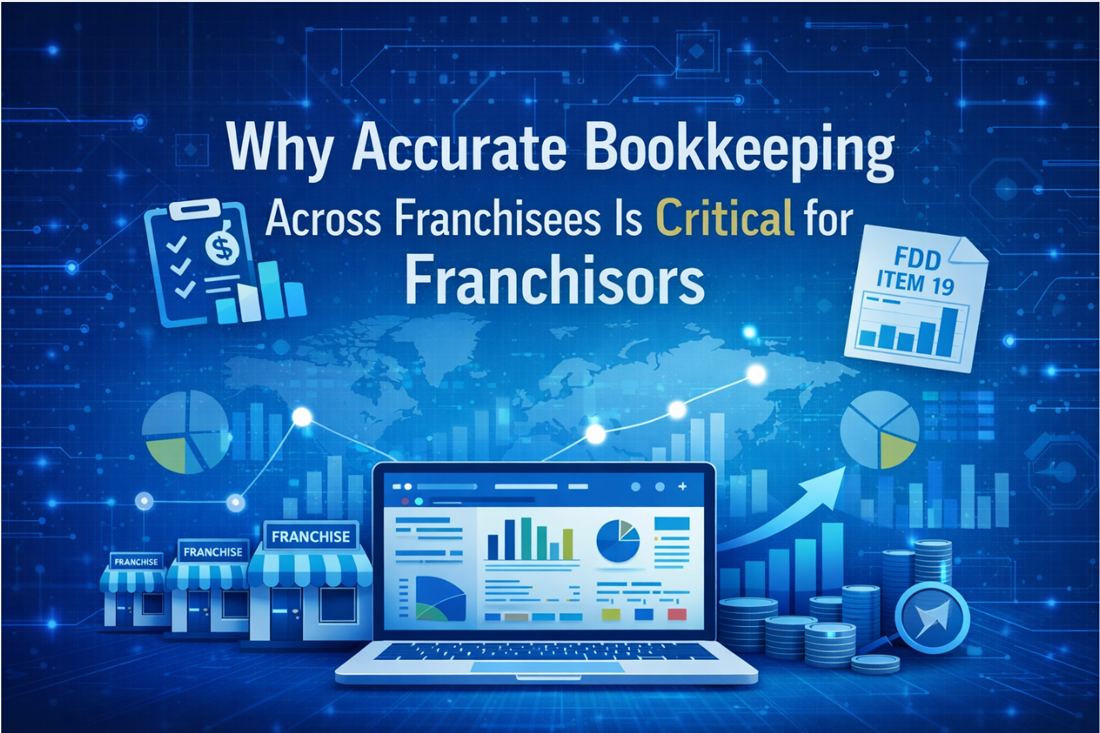Generally, the chances of the Internal Revenue Service (IRS) auditing you are low. For most taxpayers, the audit rate is less than 1% to 2%. However, businesses tend to have more complex tax returns, so auditing is a concern. How far back can the IRS audit you?
Typically, the IRS only goes back to audit tax returns that you’ve filed within the last three years. However, there are exceptions—like underreporting or foreign income mistakes—where the IRS may audit your returns from the past six years or anytime (if the IRS suspects fraud).
Businesses can take steps to avoid triggering an audit. For example, online bookkeeping and business tax services can file accurate returns, on-time for you so you avoid common audit triggers.
If you’re curious about your business taxes and chances of an audit, learn everything from how far back can the IRS audit to what red flags trigger audits.
How far back can the IRS audit tax returns?
The IRS won’t audit most taxpayers. When it does, it normally happens within one to three years after you’ve filed tax returns. The general statute of limitations is three years.
It begins from the time your taxes are due or when you file your tax returns, whichever is later. So, if you filed tax returns late, then they’ll have three years from the date you filed.
That said, there isn’t a time limit on when the IRS can audit past returns if:
- You haven’t filed tax returns
- It suspects fraud
What triggers an audit?
An IRS audit doesn’t necessarily mean something is wrong with your tax return. In most cases, audits are due to random selection by computer screenings or minor math errors.
However, there are certain “red flags” that increase the likelihood of an audit. For example, you might trigger an IRS audit if:
- You have large changes in income or deductions from year to year.
- The deduction amounts you claim are all rounded numbers (end in zero) or are otherwise out of the ordinary.
- You use the same bank account for both business and personal expenses.
Let’s take a closer look at other factors and how they impact your chances of being audited, including:
- High income
- EITC
- Charitable donations
- Home office deduction
1. High-income earners
It’s a bit of a misconception that the IRS audits high-income earners more often than low-income earners. The IRS has claimed that as your income grows, so do your chances of an audit.
However, a higher income doesn’t necessarily mean the IRS is more likely to audit you. Instead, it’s more likely because those with higher incomes tend to have more complex tax returns.
Mistakes and errors that trigger audits are more likely to happen with complex tax situations. (It’s especially the case if you try to do your taxes on your own, rather than working with a tax professional.)
Although the IRS has been trying to increase audit rates for the wealthiest, it lacks funding and staff. Low earners usually have simpler tax returns that may only include Form 1040 and no itemized deductions or credits. It’s easier for the IRS to automate those audits.
On the other hand, complex tax returns are also harder to audit and require people to manually review them.
2. Earned Income Tax Credit
Low-income earners (making less than $25,000 per year) that also claim the Earned Income Tax Credit (EITC) are five times more likely to be audited than everyone else.
Again, it isn’t because of the income alone. The IRS saw a trend that many claim the EITC in error, so tax returns with it get flagged more often for audits. In addition, those audits are often automated and take fewer resources for the IRS to do.
3. Excessive charitable deductions
The IRS sets strict rules for charitable donations, such as requiring written proof of all transactions over $250. They also set limits for the total amount you can deduct, which can’t exceed 60% of your adjusted gross income (AGI).
The IRS may take a closer look if you claim an excessive amount of charitable deductions on your tax return.
4. Home office deduction
The IRS also monitors claims for the home office deduction, because many taxpayers get confused about which expenses qualify.
The general rules to claim home office expenses are:
- You must be an independent contractor or self-employed
- Your home office must be your primary place of business
- You regularly use a separate structure or part of your home for business
To qualify, you need to document your expenses and make it clear how often you’re using your home for business purposes. For example, if you store products or run a daycare from your home, it’s a qualified home office expense. However, you need to track the hours you use it and factor that into home office expenses like mortgage interest and real estate taxes.
If you claim home expenses that aren’t exclusively for business use, the IRS may remove the credit and assess additional tax owed.
5. Meal, travel, and entertainment expenses
The IRS pays close attention to claims for large meal and entertainment deductions. Similar to home office deductions, taxpayers mistake what they can claim as a meal, travel, or entertainment expense.
For instance, certain meal expenses are fully deductible, while others are only 50% deductible. Entertainment expenses are no longer deductible unless they’re specifically for company-wide events.
Many of these common triggers for an audit can be mitigated by using an expert like xendoo who can advise on the proper procedures for more complex tax situations.
What documents will you need during an audit?
The tax law requires you to keep documents for at least three years from the filing date.
If you’re selected for an audit, the IRS will send you a written request with the specific documents they want from you.
Some common documents they might ask for include:
- Receipts and bills containing dates and specific transaction details
- Legal documents and loan agreements
- Income tax forms such as W2s and 1099s
- Banking records
The IRS may also request other records, such as mileage trackers and medical records, depending on the reason for the audit.
How long does it take for the IRS to audit businesses?
The duration of an IRS audit depends on the type of audit and the complexity of the issues under review. Typically, audits take less than two years to complete.
However, if you take more time to gather audit documents or dispute findings, it can take longer.
In some cases, the IRS may request to extend the statute of limitations for assessment. You can approve or deny the request. If you approve it, the IRS has additional time to review your tax records and documentation. If you deny it, the IRS will make a decision based on the documents it has on hand.
How many times can the IRS audit your business?
There isn’t a limit on the number of times the IRS can audit you. However, they can only audit each tax year once, unless you or the IRS request a new audit in writing.
For many businesses, hiring a professional tax service is the best choice for keeping organized records and filing accurate tax returns. Services like xendoo help businesses avoid audits and keep business finances on track with catch-up bookkeeping and business tax preparation.
To learn more about how xendoo can help you manage your business accounting and finances, chat with one of our experts. We’ll get to know your business better and identify the best services for you.
[av_sidebar widget_area=’Blog Post Disclaimer’ av_uid=’av-om2w’]









